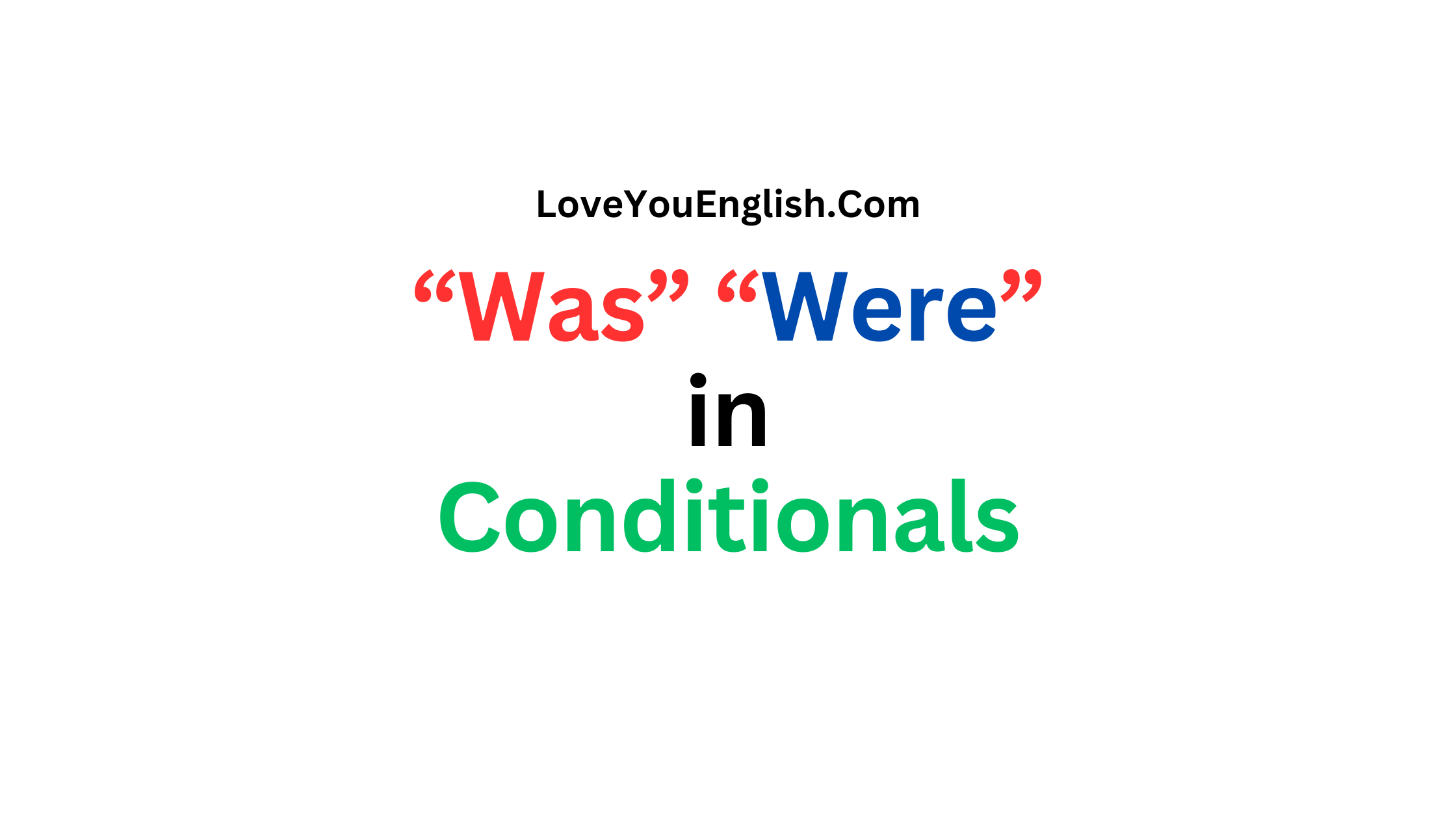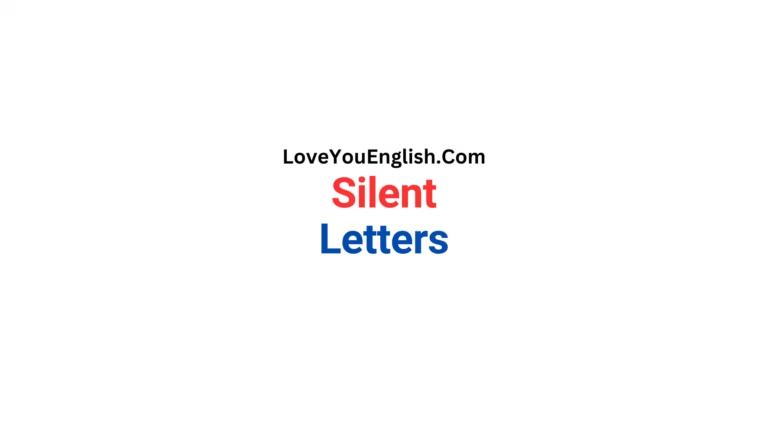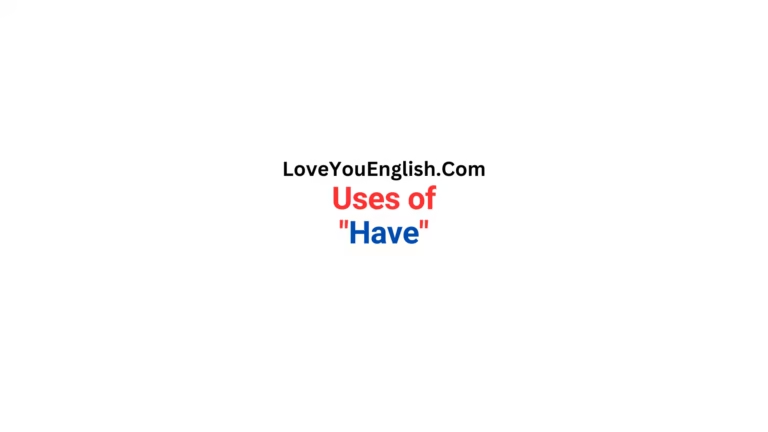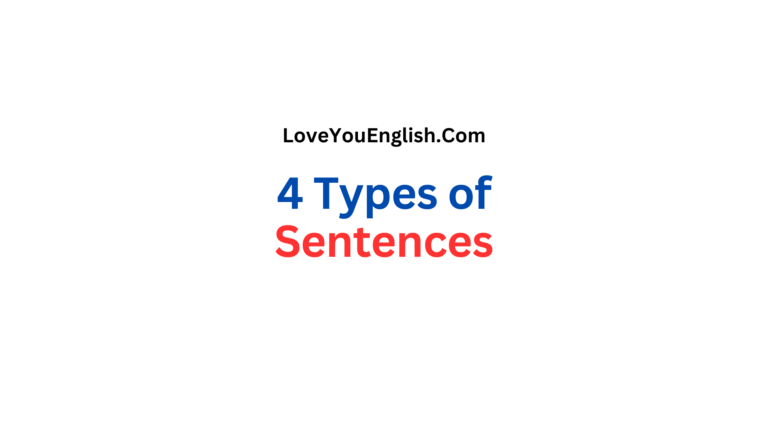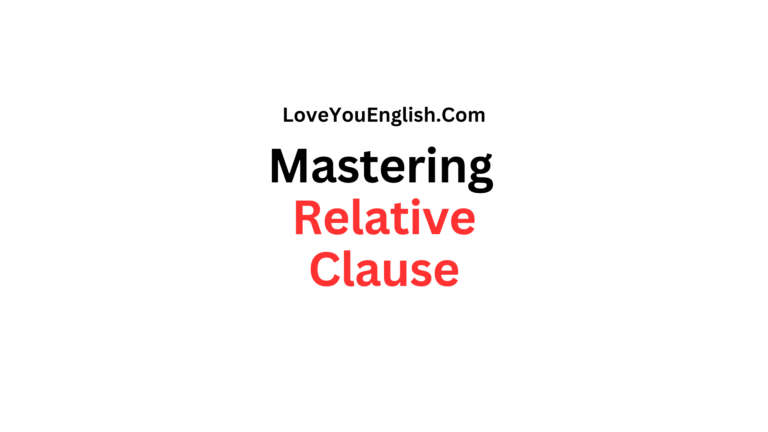Understanding “Was” vs. “Were” in Conditional Sentences
Many English learners feel confused about when to use “was” and “were” in conditional sentences. You may have heard sentences like “If I was late…” and “If I were you…” and wondered which one is correct. The difference can seem small, but it is important for accurate grammar—especially in formal writing and exams. Understanding this rule will help you sound more natural and confident.
In this blog post, you will clearly understand the difference between “was” and “were” in conditional sentences with simple explanations and practical examples. You will learn when to use each form, how they work in real and unreal situations, and common mistakes to avoid. By the end, you will feel more confident using conditionals correctly in both speaking and writing.
What is a Conditional Sentence?
Conditional sentences are statements about what might happen or what could have happened under different circumstances.
They usually have two parts:
- The “if” clause: This describes a condition.
- The main clause: This describes the result of the condition.
For example:
- If it rains, we will stay indoors.
- If it rains (condition)
- We will stay indoors (result)
The Two Forms of Conditional Sentences
Conditional sentences can be divided into different types based on when they happen or what they refer to.
The two main types we’ll focus on for “was” vs. “were” are:
- The Second Conditional: This talks about unreal or hypothetical situations in the present or future.
- The Third Conditional: This talks about unreal or hypothetical situations in the past.
The Second Conditional
The second conditional is used to talk about things that are not true now or are unlikely to happen in the future.
Here’s how it works:
Structure:
- If + past simple + would/could/might + base form of the verb
Using “Were” in the Second Conditional
In the second conditional, we use “were” instead of “was” for all subjects (I, you, he, she, it, we, they).
This might seem strange because we usually say “was” with “I” and “he/she/it” in the past tense, but in this case, “were” is used for formality and consistency.
Examples:
- If I were rich, I would travel the world.
- If she were the president, she would change the laws.
- If they were here, they would help us.
Notice that “were” is used for all subjects here, which is a rule specific to the second conditional.
Why “Were” for All Subjects?
Using “were” for all subjects in the second conditional can seem confusing, but it’s a standard grammatical rule.
This form is known as the subjunctive mood, which expresses hypothetical or non-real situations.
The Third Conditional
The third conditional is used for situations that didn’t happen in the past and we’re imagining how things could have been different.
Structure:
- If + past perfect + would/could/might + have + past participle
Using “Was” and “Were” in the Third Conditional
In the third conditional, we use “was” and “were” differently:
Examples:
- If I had been there, I would have helped you. (Correct use of the past perfect)
- If she had known about the meeting, she would have attended.
Here, “had been” and “had known” are in the past perfect tense, and “would have helped” and “would have attended” show what the result could have been.
Using “Was” vs. “Were” in the Third Conditional:
Technically, “was” and “were” both appear in this structure, but “had been” is used for the third conditional.
“Were” is not used in the third conditional structure but only in the second conditional for hypothetical situations.
Common Mistakes
Many English learners make mistakes with “was” and “were” in conditionals.
Here are a few common errors:
Using “was” instead of “were” in the second conditional:
-
- Incorrect: If I was you, I would take the job.
- Correct: If I were you, I would take the job.
Using “were” instead of “was” for the first person singular in the past:
-
- Incorrect: If I were happy yesterday, it was because of the news.
- Correct: If I was happy yesterday, it was because of the news.
Summary
In English, the choice between “was” and “were” in conditional sentences depends on the type of conditional sentence you’re using.
- Use “were” in the second conditional for all subjects, even with “I” and “he/she/it” for hypothetical or unreal situations.
- Use “had been” in the third conditional to talk about past situations that did not happen and the imagined outcomes of those situations.
Mastering these rules will help you speak and write more accurately in English.
Keep practicing, and soon you’ll be able to use “was” and “were” in conditionals like a pro!
FAQs: “Was” vs. “Were” in Conditional Sentences
1. Why do we use “were” instead of “was” in the second conditional?
In the second conditional, “were” is used for all subjects (I, he, she, it) because the sentence talks about unreal or imaginary situations. This special use of “were” is called the subjunctive mood.
✔ If I were taller, I would play basketball.
✔ If she were more confident, she would speak up.
2. Is “If I was you” always wrong?
In formal and correct grammar, “If I were you” is preferred because it is hypothetical.
However, in spoken English, many native speakers say “If I was you”, especially in informal conversations. Still, for exams and writing, use “were.”
3. Can we use “was” in conditional sentences?
Yes, but not in the second conditional.
We use “was” when talking about real past situations, not imaginary ones.
✔ If I was tired yesterday, it was because I worked late.
(This is a real past situation, not hypothetical.)
4. Do we use “were” in the third conditional?
No.
The third conditional uses the past perfect tense, so we say “had been”, not “was” or “were” alone.
✔ If I had been there, I would have helped.
✘ If I were there yesterday, I would have helped. (Incorrect)
5. What is the easiest way to remember the rule?
-
Second conditional (imaginary present/future) → always use were
-
Third conditional (imaginary past) → use had been
A simple tip:
👉 If it’s unreal now → were
👉 If it’s unreal in the past → had been
6. Is this topic important for exams like IELTS or school tests?
Yes, very important.
Using “were” correctly in second conditionals is often tested in:
-
Grammar exams
-
IELTS / TOEFL
-
School English papers
Correct usage shows strong grammar control.
7. Can you give one example of each conditional?
Sure!
-
Second Conditional:
If I were rich, I would buy a big house. -
Third Conditional:
If I had been rich, I would have bought a big house.
8. Do native speakers always follow these rules?
In writing and formal speech, yes.
In casual speech, rules are sometimes relaxed—but learners should follow the standard grammar rules.
You can explore more grammar topics:
- 100 Common English Prepositions with Example Sentences
- Contractions in English Grammar: A Simple Guide for Everyone
- Learn ALL Tenses in English: The Complete Course
- When to Use Who vs. That: A Comprehensive Guide
- Relative Pronouns: How to Use Where, In Which, and Wherein
